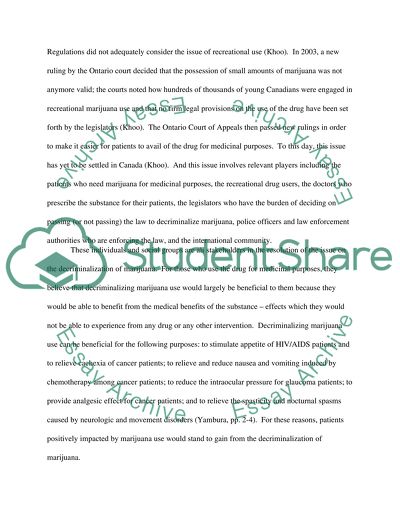Cite this document
(“Would the decriminalization of marijuana have a net positive or Research Paper”, n.d.)
Retrieved from https://studentshare.org/family-consumer-science/1410858-would-the-decriminalization-of-marijuana-have-a
Retrieved from https://studentshare.org/family-consumer-science/1410858-would-the-decriminalization-of-marijuana-have-a
(Would the Decriminalization of Marijuana Have a Net Positive or Research Paper)
https://studentshare.org/family-consumer-science/1410858-would-the-decriminalization-of-marijuana-have-a.
https://studentshare.org/family-consumer-science/1410858-would-the-decriminalization-of-marijuana-have-a.
“Would the Decriminalization of Marijuana Have a Net Positive or Research Paper”, n.d. https://studentshare.org/family-consumer-science/1410858-would-the-decriminalization-of-marijuana-have-a.


